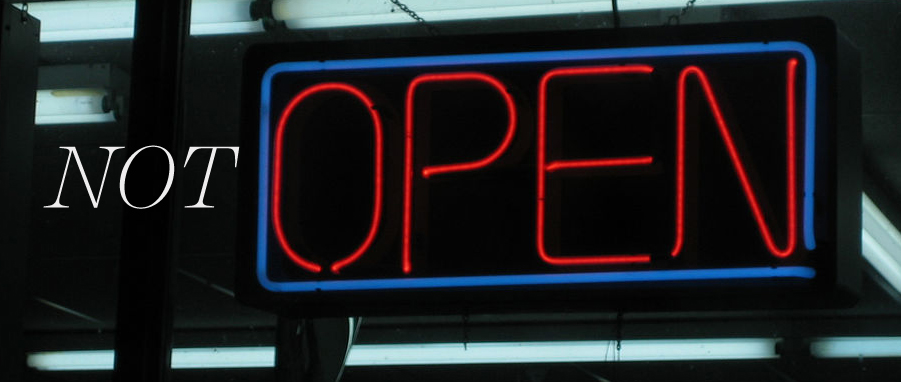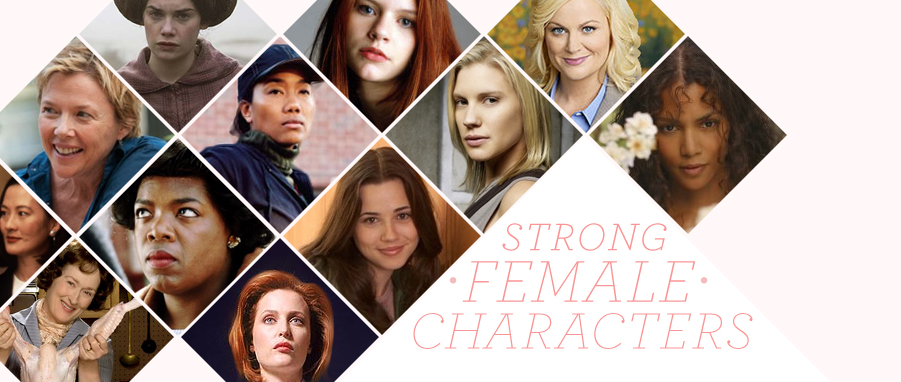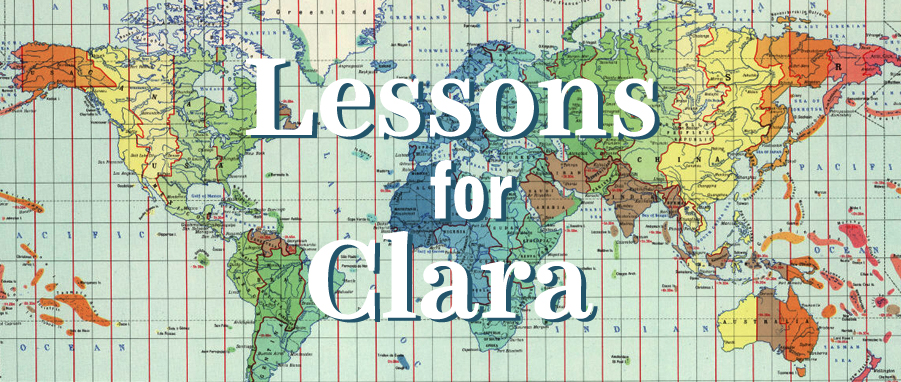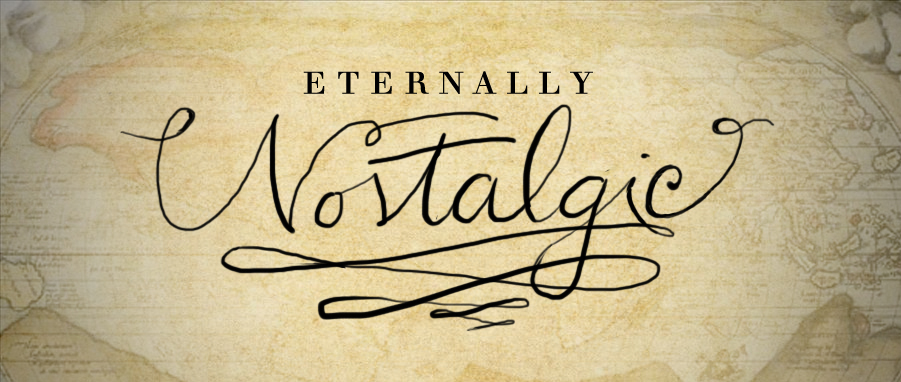We have an exciting treat today in F Words land, folks. One of The Equals Project's newest contributors, the ridiculously overtalented and supercool Ally Kirkpatrick, is here to talk about being a lady and an eater (and an emerging cook). Her blog, The Green Cabin Year, is a chronicle of her life in a teeny little house in rural Virginia. She didn't always live the bucolic life, though---she just recently moved from Brooklyn, where she worked as a barista while writing the nights away. I have to say that I am seriously psyched about her joining our family here at Equals, and I think you will be, too.
Tell us a bit about your day job.
For the last ten years I’ve pretty much been a professional dishwasher. You could also say I was a barista, too, since I made cappuccinos and espressos part of the time. Dishwashing was half the work, so I got pretty good at that, too. It’s a useful skill, I think, to be able to bang out a huge bus tub of dirty dishes really quickly and effectively. Every coffee shop or cafe I ever worked at (eight different places between Boston, DC and New York), washing dishes was an important part of the job. City cafes get really slammed. Coworkers will like you if you can wash the hell out of some pint glasses, and the customers like seeing you hustle because you get them their iced latte faster.
Sometimes it was good. Sometimes I really hated it. Like when I worked at this one place in the East Village that had terribly steep stairs that would get wet and slippery with each load brought up and down to the sanitizer. I totally busted my ass one time, falling down the steps one at a time like “duh dunk, duh dunk, duh dunk.” I just sat at the bottom for a minute absorbing the reality of what had just happened, thinking “So, this is my life, I guess. This was the most exciting part of me week . . .” then I got up and washed a bunch of lipstick-stained demitasses.
But I’m making it sound worse than it was . . . It was mostly, like 98% of the time, an absolutely wonderful job. Every cafe I worked at had fantastic staff members and regular customers. People I’ve met through washing dishes and pulling shots have become my closest friends. Some of my regulars from the coffee shop came to my wedding a few years ago. Some of my best friends I met over sudsy dishwater.
That said, I’m glad I don’t work full time in a coffee shop anymore. I’m still washing dishes, but now it’s as a kitchen assistant for food writer Cathy Barrow. It’s the best job ever. During the cooking classes Cathy teaches I wash dishes and listen in as she gives instruction. It’s a much more interesting situation than when I was working in coffee shops. Now as I’m washing dishes I get to learn all about cooking, canning, pasta making, etc. I’m learning a lot. Before I would just binge on muffins in the mop closet waiting for the dishes to come out of the sanitizer. I kinda used food to cope with not loving my job. Or maybe it’s that I loved my job, but just wanted more out of life. I wanted to be a writer, and no shameful mop closet muffing inhaling can address that void. I’m still cleaning the hell out some dishes. But I get to learn new things and I have much more time to write. I also get to take home lots of delicious food.
How did you learn to cook?
I really don’t know how to cook. I know how to follow a recipe. I know some basic techniques. But as far as actual cooking, as far as being a real home cook, I’m not there yet. I’m trying to learn how to make one big meal instead of all these disconnected spazzy little meals. Does that make sense? “One big meal?" For example, I made scones yesterday. It took me two hours. Then all I ate all day was scones. I felt like crap, obviously, and I never want to make scones again. Maybe what I’m trying to say is that I’m trying to learn how to eat. Cooking is the easy part. I know how to season and taste and adjust. What I’m figuring out now is how to do that in my mind, working towards following my wants and hungers and then interpreting those feelings, translating them into plans for a meal.
Do you prefer to cook alone, or with friends or family?
I love cooking with my husband Jake. He cooks like he’s dancing, except he doesn’t dance. If he were a dancer his cooking would be like ballet. He’s very graceful in the kitchen, but has a lot of energy and expression. I like working with him because of this. I stay out of the way a bit and just watch, follow his lead, help with one specific thing (chop this, stir that.) It’s always best when one person is in directing the meal, I think, that way you know who’s calling the shots, who’s choreography you’re minding.
With my mom, I love being in the kitchen with her, too. My husband makes things up as he goes, depending on what he has in the fridge that day. My mom, on the other hand, is a big fan of cookbooks and follows recipes more closely. This means that it’s better for us to work on separate tasks if we’re in the kitchen together. She’s knows where she is in her process, I know where I am... with her it’s more like a line dance. We’re in step with each other but on different planes.
Then there’s Cathy. Working in Cathy’s kitchen is just amazing. It’s different than cooking with anyone else I’ve ever cooked with because there’s this childlike wonder that washes over me every time she brings up a favorite dish she makes, or every time she sends me to the pantry for some special jar of something.
I should also really enjoy cooking by myself. I put on Beyoncé or Robin and gyrate around the kitchen like a moron and my dog just looks at me like he’s concerned for my life.
What's your favorite thing to make?
Coffee. My favorite thing to make is, and will forever be, coffee. Espressos, cappuccinos, macchiatos, cortados, pour-overs. All of it. I love coffee the way people love wine. I love the story of each coffee: where it came from, how it was processed and roasted, how it tastes in different preparations. Maybe I’ll grow to love making food one day, but for now I suck at it too badly to find peace and enjoyment out of the process. I think because I’ve been making coffee for so long and competing in barista competitions and such that I get a lot of pleasure out of the ritual and the process of brewing coffee.
If you had to choose one cuisine to eat for the rest of your life, which would it be?
What cuisine would you say belongs to Deborah Madison? I want to eat Deborah Madison Cuisine.
What recipe, cuisine or technique scares the crap out of you?
Anything involving shellfish, because I’m very allergic. Also, recipes that call for hot peppers. Not because I don’t like eating them, but because I always worry I’m going to rub my eyes by accident while prepping them and end up with stinging, watery eyes for the rest of the afternoon.
How do you think your relationships with your family have affected your relationship to food and cooking?
Most recently my relationship with my family has made me more interested in foraging. Pawpaws, morel mushrooms, black walnuts, fiddle heads. These are all things my husband and I have been finding on my parents property in Virginia. We just moved here in this past spring and I found myself obsessed with foraged foods. It’s trendy right now, I guess, but I got into it because of my dad, who is possibly the least trendy person in the universe (don’t worry, he won’t read this.) He spends a lot of time in the woods as a hunter and told me about all these hot spots for morel mushrooms up in the hills. I also learned to butcher my first deer this year because of him. That was a relationship to my food I hadn’t experienced before. My husband and I were in the driveway of my parent’s suburban home with this deer my dad had shot that morning laid out on a card table. We had this beautiful deer before us, and we didn’t know what to do with it. So we used my dad’s ipad and learned how to process it step by step from YouTube. It was an exhausting experience, both physically and emotionally, but it was an interesting connection to food – seeing the whole deer-to-venison process – and it made me more mindful about my meat consumption. I still eat meat, but I’m edging further and further away from animal products. You can’t butcher a deer and not feel awe and respect for the animal. I felt a lot of sadness, too, so I think I need to figure out how that needs to impact my eating and cooking habits.
Even today, home cooking is strongly associated with women's traditional place in the family and society. How do you reconcile your own love of the kitchen with your outlook on gender roles?
There was an article on Propeller that I read recently by Mary Rechner that addressed this issue in a way that was really meaningful to me. I want to write fiction. If I worry about food all the time then there may not be space for writing fiction in my life. On a personal level I reconcile my love of the kitchen by having a fiercer love for private writing time in my studio. Let me mention that I don’t actually have a writing studio… but you get the idea. My kitchen and my (imaginary) studio are two places I make sure I spend a certain amount of time each day. I want to think about writing and ideas two thirds of the time. One third of the time I want to be canning some jam or stuffing my face with scones.
But on a larger level I’m completely perplexed and can’t reconcile it at all and I feel very worried about it. I’m totally confused on this issue and don’t know what to think. In the meantime I’m reading Propeller polemics and Emily Matchar’s blog New Domesticity [Meg: Me, too!] and thinking “Right on! Fuck canning and baking pretty tarts! It’s pointless domestic posturing!” but then at the same time as I say that I’m canning and baking pretty tarts and not working at all on a short story.
Tell us a bit about the recipe you're sharing. When did you first make it, and why? What do you love about it?
The recipe I’m sharing is for fresh Sriracha from Food52. I made it for the first time this summer and I love it because it tastes good on everything. Wear gloves and don’t rub your eyes!
Fresh Sriracha
By edamame2003, republished with permission from Food52
1/2 pound red Fresno chiles, coarsely chopped
4 garlic cloves
1 tsp. kosher salt
1 cup distilled white vinegar
2 tbs. palm sugar
Visit Food52 for the full (delicious and surprisingly simple) recipe.






























